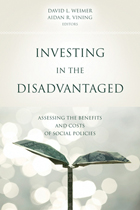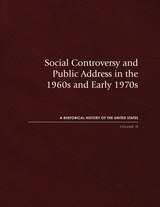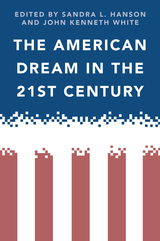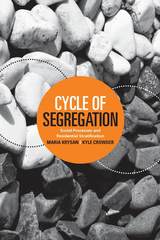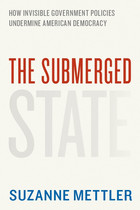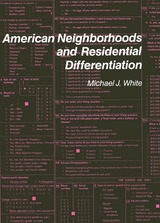Paper: 978-1-58901-257-8 | eISBN: 978-1-58901-599-9
Library of Congress Classification HN59.2.I68 2009
Dewey Decimal Classification 361.61
With budgets squeezed at every level of government, cost-benefit analysis (CBA) holds outstanding potential for assessing the efficiency of many programs. In this first book to address the application of CBA to social policy, experts examine ten of the most important policy domains: early childhood development, elementary and secondary schools, health care for the disadvantaged, mental illness, substance abuse and addiction, juvenile crime, prisoner reentry programs, housing assistance, work-incentive programs for the unemployed and employers, and welfare-to-work interventions. Each contributor discusses the applicability of CBA to actual programs, describing both proven and promising examples.
The editors provide an introduction to cost-benefit analysis, assess the programs described, and propose a research agenda for promoting its more widespread application in social policy. Investing in the Disadvantaged considers how to face America’s most urgent social needs with shrinking resources, showing how CBA can be used to inform policy choices that produce social value.
See other books on: 1993- | Costs | People with social disabilities | Services for | Social policy
See other titles from Georgetown University Press
